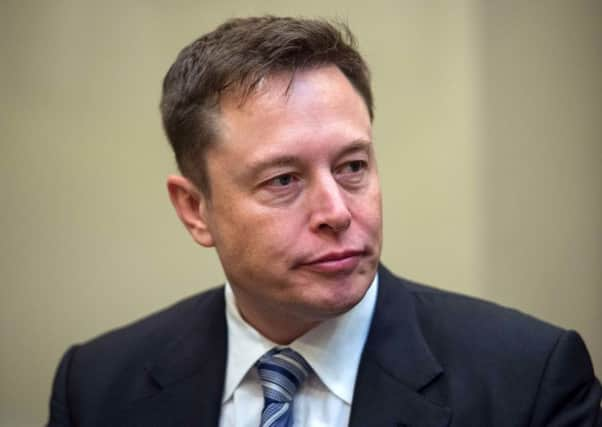Elon Musk reveals SpaceX rocket as he targets Mars trips


The SpaceX founder shared the first real images of the prototype from its Texas launch site, telling Twitter followers it is “not a rendering”.
“This is for suborbital VTOL [vertical take-off and landing] tests,” Mr Musk explained.
Advertisement
Hide AdAdvertisement
Hide Ad“Orbital version is taller, has thicker skins (won’t wrinkle) & a smoothly curving nose section.”
This particular model will be used to test short launches and landings.
Earlier this month, the billionaire said SpaceX was aiming to carry out test flights within four weeks, but admitted it could be as long as eight weeks when unforeseen issues were factored in.
Responding to questions from space enthusiasts, Mr Musk said that the first orbital prototype should be ready by June.
In November, the rocket was renamed from Big Falcon Rocket to Starship.
This week marks a busy period for SpaceX.
The firm also launched a Falcon 9 rocket into space today in its first mission of 2019 – and its last for satellite company Iridium.
For the last two years, SpaceX has been sending its customer Iridium’s replacement communication satellites into orbit.
Iridium-8 is the eighth and final mission for Iridium, launching at 3:31pm GMT from the Vandenberg Air Force Base in California.
Advertisement
Hide AdAdvertisement
Hide AdIt is carrying ten satellites to join the other 65 that have been put into space since 14 January 2017.
SpaceX also carried out its first successful rocket landing of the year, with the first stage of Falcon 9 touching down on an autonomous drone ship called ‘Just Read the Instructions’, in the Pacific Ocean.
The Elon Musk-founded aerospace firm carried out 18 missions in 2017 and 21 in 2018 – a company record. It already has 39 lined up for the future, for a range of organisations including Nasa and Airbus.
Final deployment of Iridium’s ten satellites is expected to take place about an hour after lift-off.